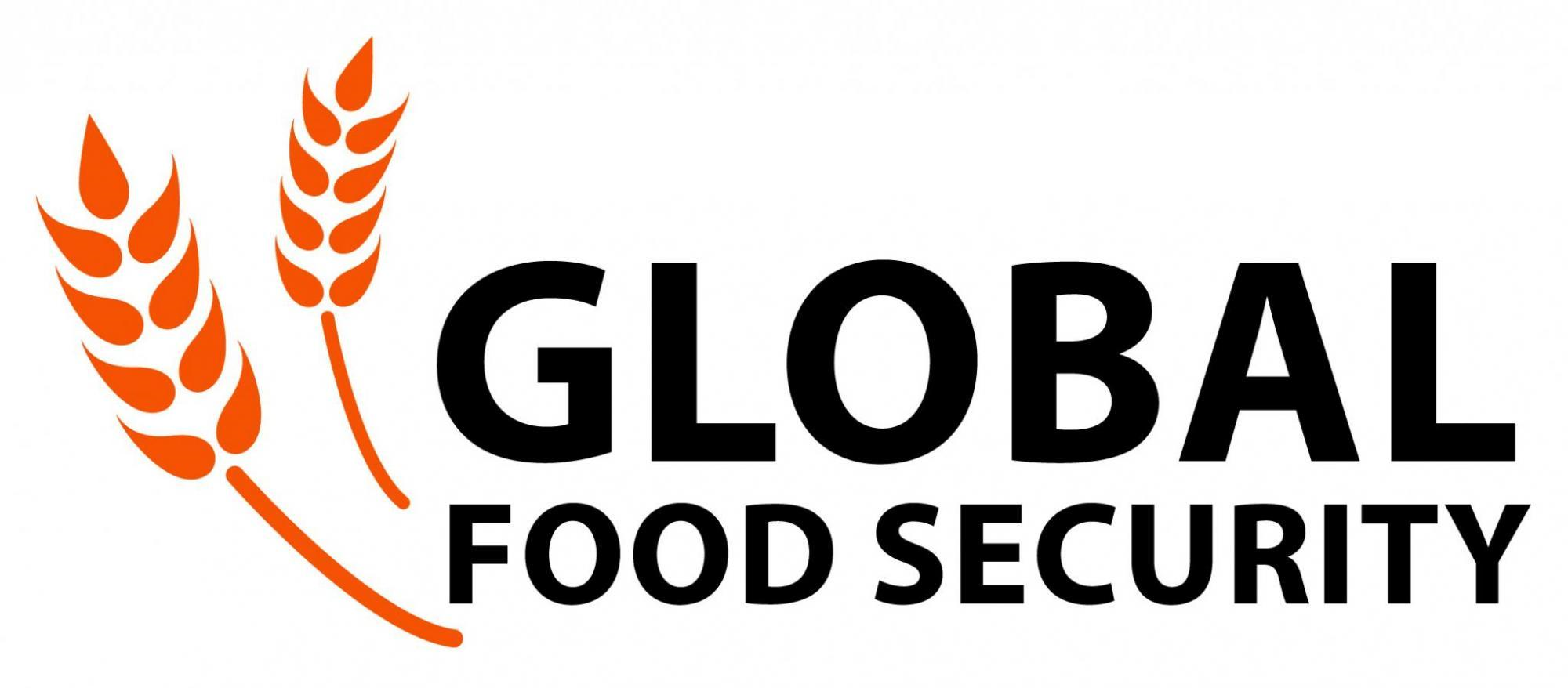‘If I had to choose, I’d prefer the earthquake’: the 2015 disaster left Nepal in ruins, now record rains wreak fresh havoc
Despite attempts to build resilience by improving infrastructure and first response, extreme weather events and US aid cuts have left many feeling vulnerable
When the monsoon rains came last September, they swept away most of the village of Panauti, in the foothills of the Nepali Himalayas. The Roshi River overflowed after the unprecedented rainfall, triggering landslides and destroying most of the roads and bridges.
Peering through the thick blanket of relentless rain “felt like waiting for morning to arrive so we could see the world again”, says Bishnu Humagain. “We lost everything – our home, our agriculture, and all of our belongings.”
Continue reading...Experts stress importance of irrigation to nutrition, health outcomes (Nebraska Today)
Experts stress importance of irrigation to nutrition, health outcomes (Nebraska Today)
Claudia Ringler delivered the keynote speech at the Heuermann Lecture at the University of Nebraska–Lincoln.
The post Experts stress importance of irrigation to nutrition, health outcomes (Nebraska Today) appeared first on IFPRI.
As famine data dries up, can AI step in? (Devex)
As famine data dries up, can AI step in? (Devex)
Devex quoted Yanyan Liu in this article on how researchers are developing AI tools to predict famine more accurately and affordably.
The post As famine data dries up, can AI step in? (Devex) appeared first on IFPRI.
IFPRI’s Wei Zhang appointed to the prestigious NASEM ad-hoc study committee on the status of insects in North America
IFPRI's Wei Zhang will participate in the NASEM study that will assess trends in insect abundance, identify research priorities, and recommend actions to slow insect declines in the most vulnerable and ecologically critical areas.
The post IFPRI’s Wei Zhang appointed to the prestigious NASEM ad-hoc study committee on the status of insects in North America appeared first on IFPRI.
Investing in climate adaptation is not just good for the planet, it’s good business | William Ruto and Patrick Verkooijen
Climate denialism should not blind investors and governments to the very real opportunities to be found in financing solutions
Among the many shocks currently facing the international development community is the new direction of the US administration on climate, and the implications worldwide for mitigation and adaptation efforts.
This is not uncharted territory. While a withdrawal from the Paris climate agreement is undoubtedly a setback, it no longer carries the same level of disruption as it did. The global community has become more resilient and will continue to advance climate action.
Continue reading...Steven Were Omamo appointed IFPRI’s Director for Africa
Steven Were Omamo appointed IFPRI’s Director for Africa
The International Food Policy Research Institute (IFPRI) is pleased to announce that Steven Were Omamo has been appointed IFPRI’s Director for Africa, in addition to his ongoing role as Director of the Development Strategies and Governance Unit (DSG). Based in IFPRI’s Nairobi, Kenya office, Omamo joined IFPRI in October 2024. “We are delighted that Were […]
The post Steven Were Omamo appointed IFPRI’s Director for Africa appeared first on IFPRI.
How philanthropists are destroying African farms – video
What happens when western billionaires try to ‘fix’ hunger in developing countries? Neelam Tailor investigates how philanthropic efforts by the Gates Foundation, the Rockefeller Foundation and the organisation they set up to revolutionise African farming, the Alliance for a Green Revolution in Africa (Agra), may have made matters worse for the small-scale farmers who produce 70% of the continent's food.
From seed laws that criminalise traditional practices to corporate partnerships with agribusiness giants such as Monsanto and Syngenta, we explore how a well-funded green revolution has led to rising debt, loss of biodiversity and deepening food insecurity across the continent
Continue reading...A chance for world leaders to end malnutrition and save lives | Letter
Parliamentarians from the UK and France urge governments to make strong pledges at the nutrition summit in Paris this week
This week, world leaders meet in Paris for Nutrition for Growth, the critical four-yearly summit that aims to tackle the scourge of soaring global malnutrition and hunger. As a group of cross-party politicians from the UK – the birthplace of Nutrition for Growth in 2013 – and the summit’s current host, France, we believe that the fight against malnutrition is an issue on which every policymaker should unite.
As official development assistance budgets diminish, it becomes increasingly essential for governments to invest funds strategically. Given that investments in nutrition are low-cost and high-impact, they should be prioritised and elevated on the international development agenda. We urge our governments – and other governments around the world – to make strong pledges on nutrition at the summit to save lives, reduce inequality and enhance global security.
Continue reading...

